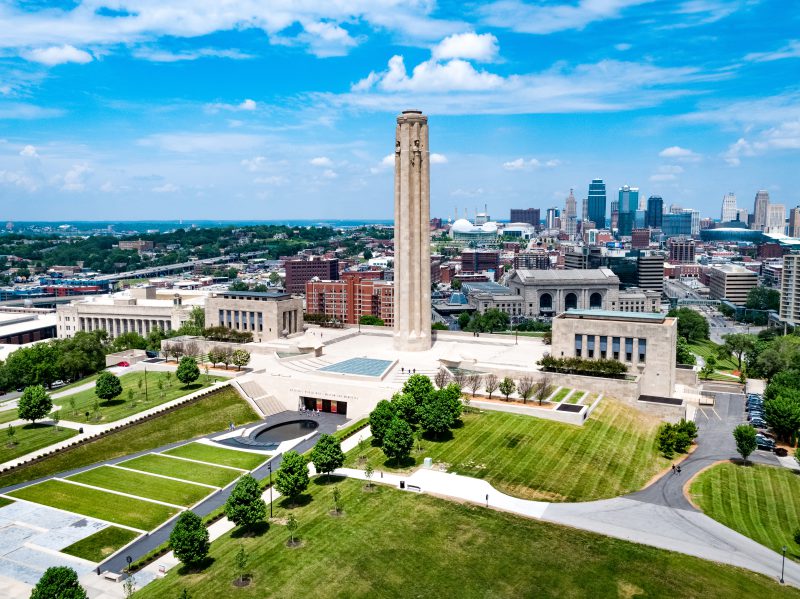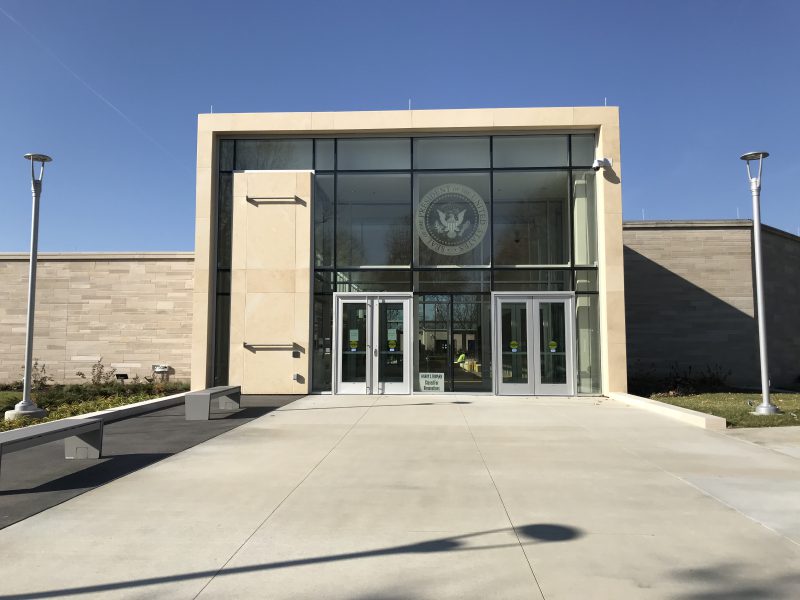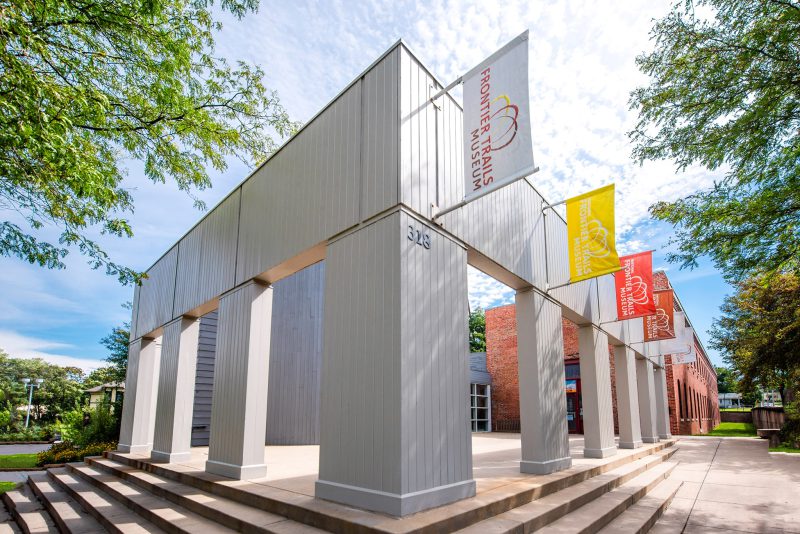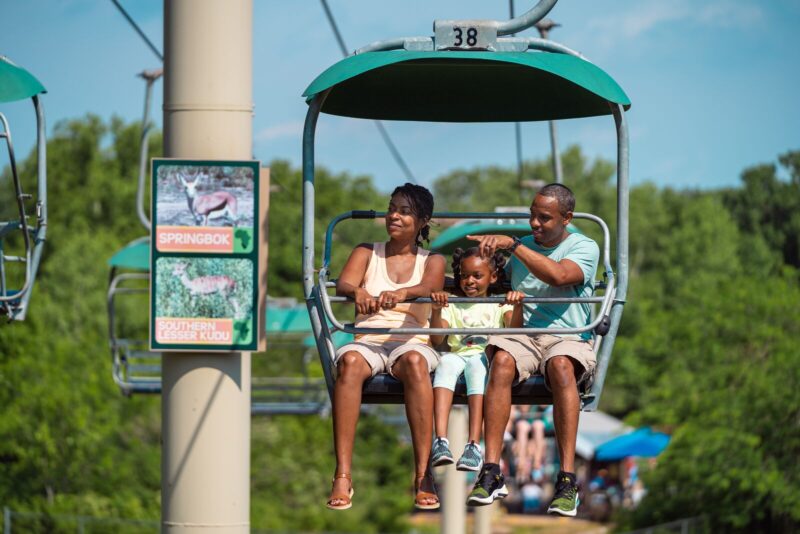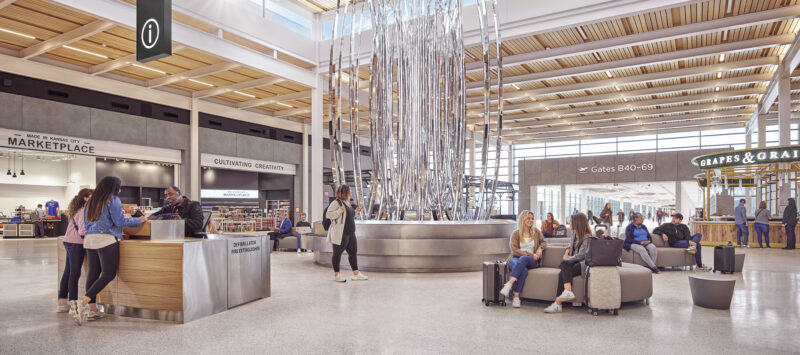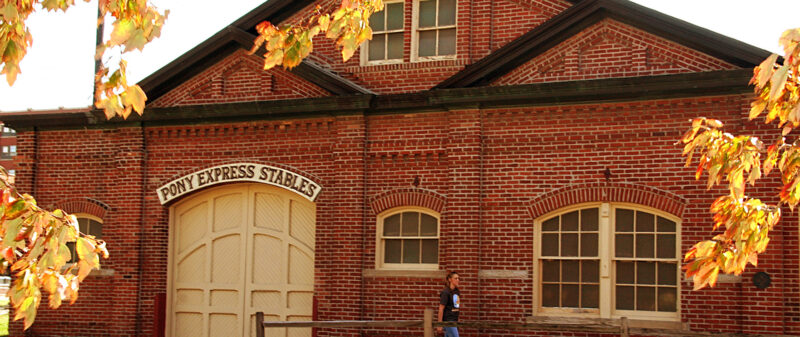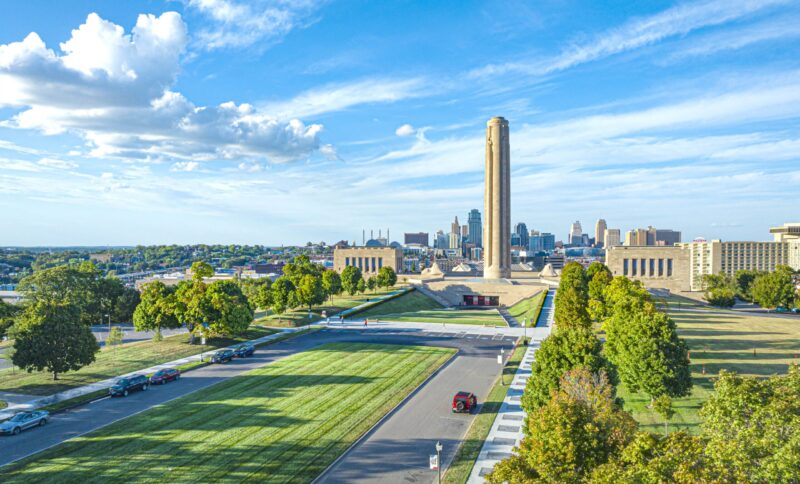The hard-fought battle for progress in America has a deep presence in the heartland.
These crucial stories are preserved in KC-area destinations across Missouri and Kansas, including three sites along the U.S. Civil Rights Trail: the Negro Leagues Baseball Museum, the Harry S. Truman Presidential Library and Museum and the Brown v. Board of Education National Historical Park.
Kansas City
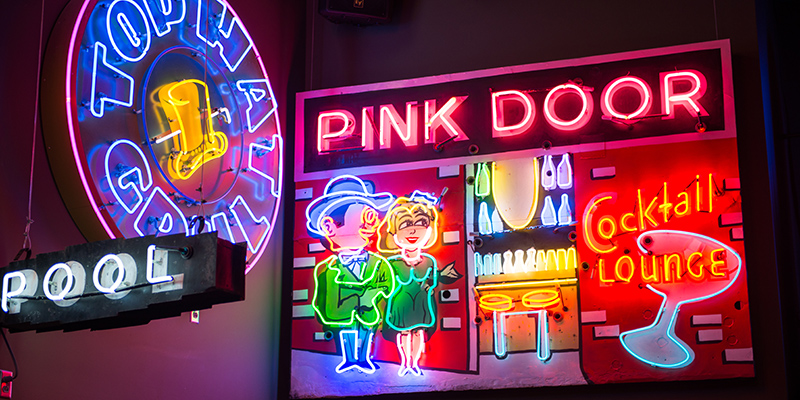
The 18th & Vine Historic Jazz District preserves the stories of activism, struggle and progress in Kansas City and beyond.
LEARN:
The Negro Leagues Baseball Museum (NLBM) dedicates itself to the legacy of Black baseball and its critical role in advancing American civil rights. In 1920, the Negro National League was founded inside Kansas City’s Paseo YMCA—a structure that still stands in the neighborhood, just across the street from the NLBM.
In the years and decades that followed, Negro League baseball became immensely popular, but broader patterns of discrimination continued. Fans who enthusiastically watched Black players on the field would often deny them service at restaurants, hotels and other establishments.
Jackie Robinson broke Major League Baseball’s color barrier in 1947 when he made his debut for the Brooklyn Dodgers, eventually leading to full integration and the demise of the Negro Leagues, but the perseverance of many trailblazing athletes left a legacy that reshaped sports and American society forever.
EXPERIENCE:
Under the same roof, visit the American Jazz Museum for the stories of Black musicians who guided the growth of an American genre in an era of widespread discrimination.
Just around the corner, the Mutual Musicians Foundation has origins that date back to 1917, when it was founded as one of the country’s first unions for Black musicians. Now, the institution hosts late-night tunes every Friday and Saturday and offers daytime access to its historical exhibition, Tuesday through Thursday.
MORE:
The National WWI Museum and Memorial examines the experiences of the Great War from many perspectives. Before visiting the museum, explore the online exhibition Make Way for Democracy! for a closer look at the lives of African American service members and civilians during World War I.
Independence
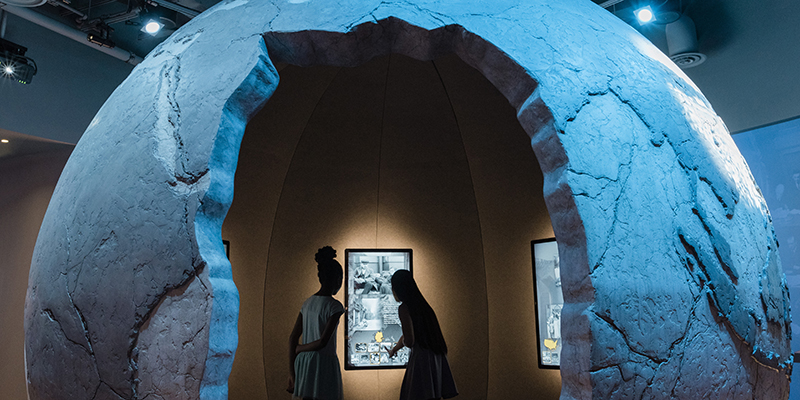
LEARN:
America’s 33rd President, Harry S. Truman, spent his life in Independence — a Missouri community just 20 minutes east of downtown KC. The Harry S. Truman Presidential Library & Museum preserves the actions, consequences and controversies of his time in the Oval Office.
President Truman’s standing as an advocate for progress is complex. He met with a white supremacist group early in his political career and promoted segregated public housing as a senator. Despite these actions, President Truman established a committee on civil rights in 1946 and signed Executive Order 9981 on July 26, 1948, ordering the desegregation of the U.S. military.
Browse historical documents related to racial equity and face the presidency’s many difficult decisions at the Truman Library, recognized as one of the country’s most immersive and comprehensive presidential institutions. Plus, visit more historic sites with direct ties to Truman, along with the National Frontier Trails Museum and other locations that tell the story of America’s past.
Independence is 20 minutes from Kansas City via car.
Topeka
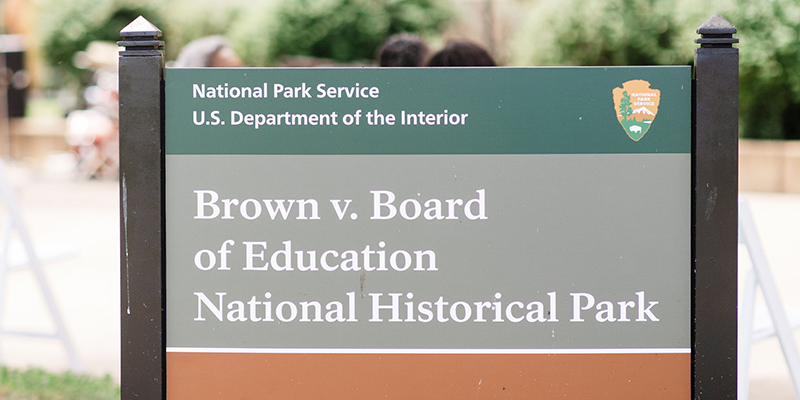
EXPERIENCE:
One hour west of downtown Kansas City, explore the moments that led to one of the most significant decisions ever made by U.S. court system. Brown v. Board of Education emerged from the Topeka school system, where teacher-turned-activist Lucinda Todd led 13 families to enroll their children in local white schools.
Their denial became the basis of a lawsuit that made its way to the Supreme Court, where judges unanimously chose to overrule the “separate but equal” doctrine previously established by Plessy v. Ferguson. The decision ended legal segregation of the American public school system, and while it led to intense resistance at sites across the country, it remains one of the most consequential actions in the country’s judicial history.
Visit the Brown v. Board of Education National Historical Park and step inside the Monroe School for a self-guided tour, which features a 30-minute introductory film, an exhibit detailing the long fight for racial equality in the U.S. school system and an exploration of the decision’s lasting impact.
Topeka is one hour from Kansas City via car.
More in Kansas
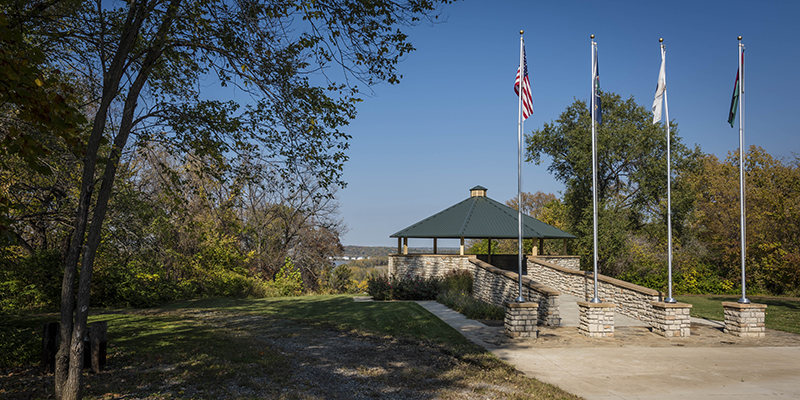
LEARN:
Journey another 90 minutes west of Topeka (or less than 2.5 hours from Kansas City) to visit the Dwight D. Eisenhower Presidential Library, Museum & Boyhood Home. During his time in the White House, Eisenhower signed the Civil Rights Act of 1957—the first civil rights legislation passed by Congress in more than 80 years.
GO:
Closer to KC, head just across the state line to Kansas City, KS, and visit the Quindaro Ruins, named a National Historic Landmark in 2025. The Quindaro at this location Townsite once served as a site along the Underground Railroad, aiding enslaved people on the path to freedom.
Questions of civil rights and justice are central to the state’s existence. The Kansas-Nebraska Act established the boundaries of the two states in 1854, inviting residents of each area to determine whether they would operate as free or slave states.
Kansas joined the Union as a free state in 1861, but not before era of political controversy and open violence that is now known as Bleeding Kansas. (The eventual decision to adopt free state status is why Kansas is sometimes also known unofficially as the Free State.) The state-level fights were a preview of the brutality that would follow during the American Civil War.
Your 3-Day Itinerary
Here’s how to spend three days experiencing some of the Kansas City area’s most significant locations telling the stories of American civil rights.
This itinerary allows you to depart from and return to Kansas City each day if desired. Some destinations on this route are not easily accessible via public transportation. If you plan to follow the final day of this itinerary, a rental car/private vehicle is strongly recommended.
Day 1: Kansas City
- Visit 18th & Vine to dive deep into history at the Negro Leagues Baseball Museum and American Jazz Museum.
- Dine at Arthur Bryant’s Barbeque, one of the most historic barbecue joints in Kansas City.
- Have a drink at nearby Vine Street Brewing Co., Missouri’s first Black-owned brewery.
- Visit the National WWI Museum and Memorial, either to step inside the exhibit space or just take in the stunning skyline views.
- Optional: Stay up for late-night jazz at the Mutual Musicians Foundation on Friday or Saturday.
Day 2: Independence
- Visit the Harry S. Truman Presidential Library & Museum.
- Have lunch on the historic Independence Square and see some of the key locations where Truman spent time in his childhood.
- Explore a few (or many) sites along the Truman Historic Walking Trail.
Day 3: Kansas
- Make a day trip to Topeka for a visit to the Brown v. Board of Education National Historical Park.
- Enjoy a short detour to charming downtown Lawrence (home of the University of Kansas) for breakfast, lunch or dinner.
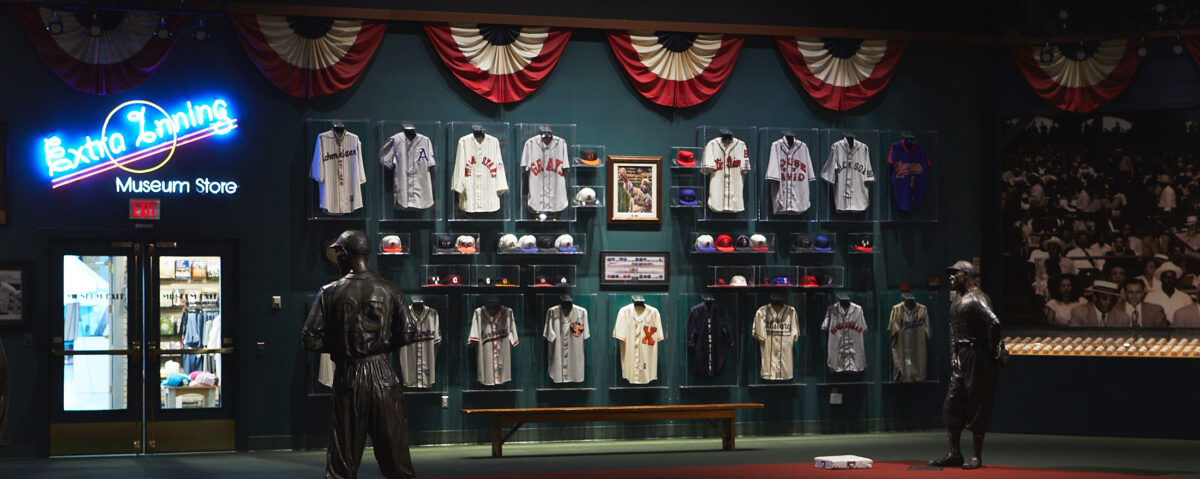
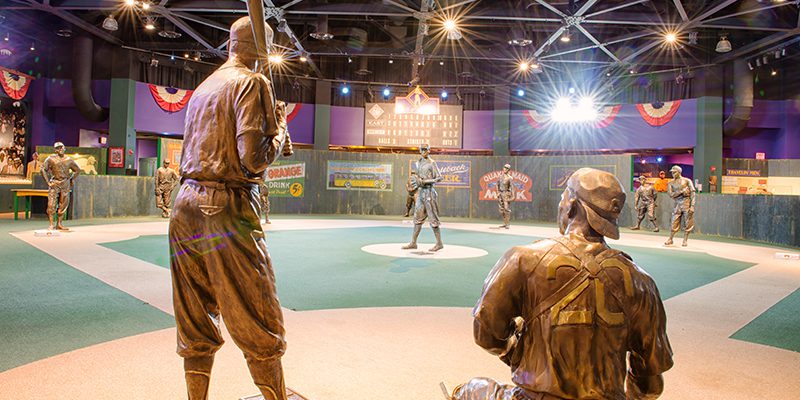
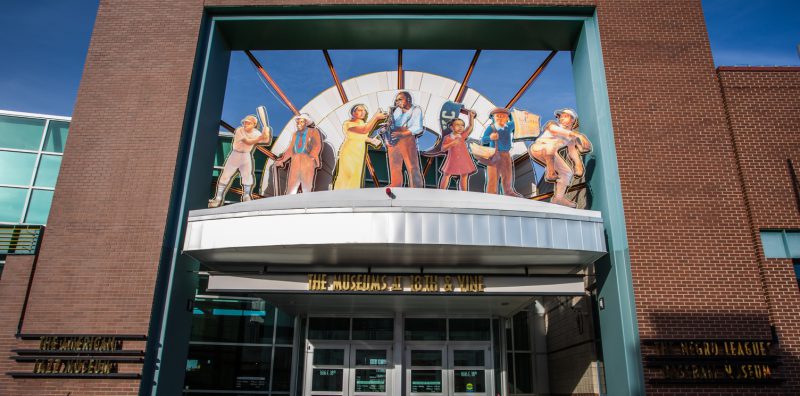
![Mutual Musicians Foundation International – Image_1 [LISTING]](https://www.visitkc.com/uploads/2025/07/30325_20496.jpg)
